Loading the player...
Time to Treatment Completion Associated with Poor Breast Cancer Survival
While previous studies have shown the benefits of an early time to treatment from diagnosis on the survival of breast cancer patients, a recent study presented at SABCS 2020 looked at a potential connection between time to the completion of therapy and a patient’s chances of survival.
Data for the study was collected using the National Cancer Database, looking at the association between the amount of time from diagnosis to completing all therapies, including surgery, chemotherapy, and radiation.
The results of the study were presented at the virtual San Antonio Breast Cancer Symposium.
Lead author Debra A. Pratt, MD, FACS, from the Cleveland Clinic, told MD/alert, that their findings showed that patients who took longer than 38 weeks to reach the end of their treatment period had a decrease in the likelihood of survival.
“It just reinforces that we need to be very efficient on how we're providing our cancer care in all three modalities. And we need to work as a cohesive unit, so patients do not have delays transitioning from one of the modes of treatment to the other.”
Pratt pointed out that their findings are considerably shorter than some quality indicators being used today, including the Commission on Cancer, which has 365 days as the indicator for finishing radiation from the date of diagnosis.
“The timeframe for treating breast cancer has been anywhere from 6 months to a year depending on what's needed when you need all three modalities because you need a little break in between the two each of the modalities for healing and then the time it takes just to get the treatment going,” Dr Pratt said.
While there have been significant advances in the treatments of the various forms of breast cancer, Pratt said other factors have caused the treatment period to extend for several months.
“We've been actually seeing longer times for going from diagnosis to first treatment as we've been advancing. Some of that I think, is due to people doing second opinions. There are patient factors. There's also factors just related to the process of evaluating patients and working them up for some of these newer treatments can take some time,” she continued.
Although delays can be a challenge in the overall treatment picture, Pratt said they are not insurmountable.
"For the patients, I'm hoping that patients will be able to see that at some point, they need to make a decision on where they want to be treated. I've had patients as far out as four months after diagnosis seeing me for yet another opinion and going for their third, fourth opinions. And I think this shows that it's fine to get a second opinion, but they need to get their treatment started."
"From here, we're going to actually look at our own data and try to see if we can identify what the exact delays are," she added. "Are they system delays within the hospital and the system? Or are they more patient delays? And what delays are unavoidable versus what delays can we actually make changes and improve our efficiencies?"
By Adam Hochron
Data for the study was collected using the National Cancer Database, looking at the association between the amount of time from diagnosis to completing all therapies, including surgery, chemotherapy, and radiation.
The results of the study were presented at the virtual San Antonio Breast Cancer Symposium.
Lead author Debra A. Pratt, MD, FACS, from the Cleveland Clinic, told MD/alert, that their findings showed that patients who took longer than 38 weeks to reach the end of their treatment period had a decrease in the likelihood of survival.
“It just reinforces that we need to be very efficient on how we're providing our cancer care in all three modalities. And we need to work as a cohesive unit, so patients do not have delays transitioning from one of the modes of treatment to the other.”
Pratt pointed out that their findings are considerably shorter than some quality indicators being used today, including the Commission on Cancer, which has 365 days as the indicator for finishing radiation from the date of diagnosis.
“The timeframe for treating breast cancer has been anywhere from 6 months to a year depending on what's needed when you need all three modalities because you need a little break in between the two each of the modalities for healing and then the time it takes just to get the treatment going,” Dr Pratt said.
While there have been significant advances in the treatments of the various forms of breast cancer, Pratt said other factors have caused the treatment period to extend for several months.
“We've been actually seeing longer times for going from diagnosis to first treatment as we've been advancing. Some of that I think, is due to people doing second opinions. There are patient factors. There's also factors just related to the process of evaluating patients and working them up for some of these newer treatments can take some time,” she continued.
Although delays can be a challenge in the overall treatment picture, Pratt said they are not insurmountable.
"For the patients, I'm hoping that patients will be able to see that at some point, they need to make a decision on where they want to be treated. I've had patients as far out as four months after diagnosis seeing me for yet another opinion and going for their third, fourth opinions. And I think this shows that it's fine to get a second opinion, but they need to get their treatment started."
"From here, we're going to actually look at our own data and try to see if we can identify what the exact delays are," she added. "Are they system delays within the hospital and the system? Or are they more patient delays? And what delays are unavoidable versus what delays can we actually make changes and improve our efficiencies?"
By Adam Hochron
.jpg)


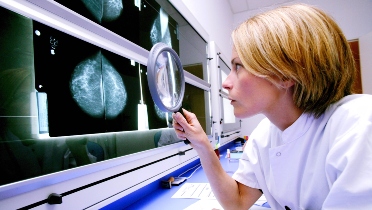


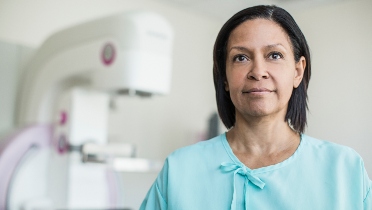

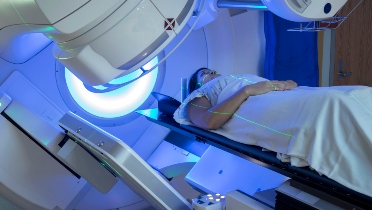
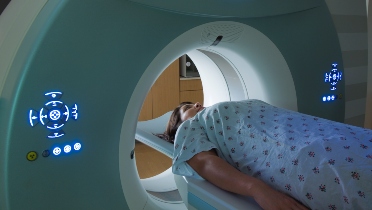

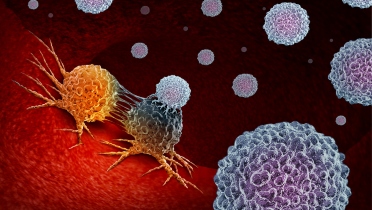
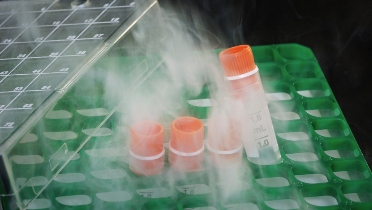



.jpg)
.jpg)

.jpg)
.jpg)
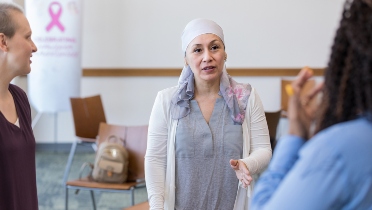
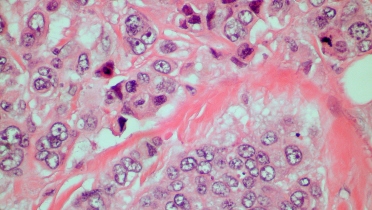
.jpg)
.jpg)
.jpg)
.jpg)

.jpg)
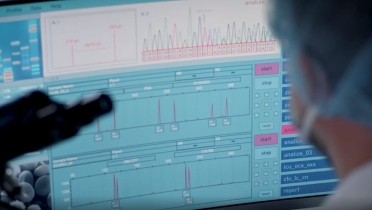
.jpg)
.jpg)
.jpg)
.jpg)
.jpg)
.jpg)

.jpg)

.jpg)
.jpg)

.jpg)

.jpg)
.jpg)
.jpg)
.jpg)
.jpg)
.jpg)
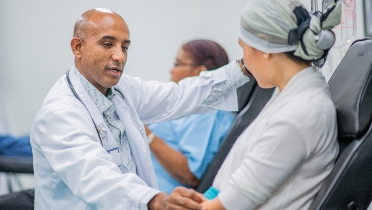
.jpg)
.jpg)
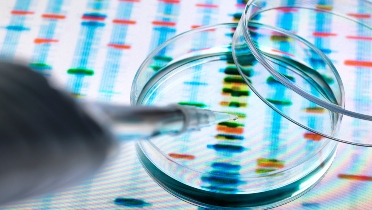

.jpg)
.jpg)
.jpg)


.jpg)
.jpg)
.jpg)
.jpg)
.jpg)
.jpg)
.jpg)

.jpg)
.jpg)
.jpg)
.jpg)
.jpg)
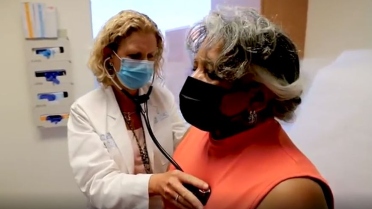
.jpg)

.jpg)
.jpg)
.jpg)
.jpg)
.jpg)

.jpg)
.jpg)
.jpg)


.jpg)

.jpg)
.jpg)
.jpg)
.jpg)
.jpg)
.jpg)
.jpg)
.jpg)
.jpg)
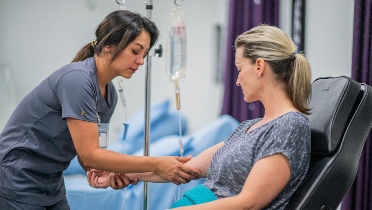
.jpg)
.jpg)

.jpg)
.jpg)
_.jpg)
.jpg)
.jpg)
.jpg)
.jpg)
.jpg)


.jpg)
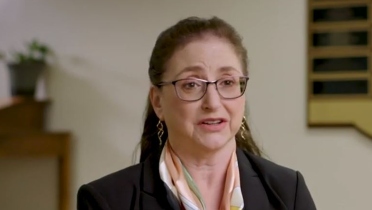
.jpg)

.jpg)
.jpg)


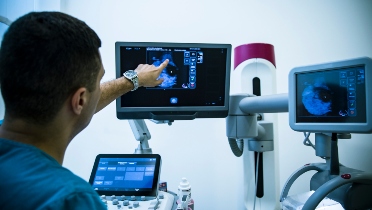

.jpg)

.jpg)
.jpg)
.jpg)
.jpg)
 Featured Breast Cancer Videos
Featured Breast Cancer Videos.jpg)